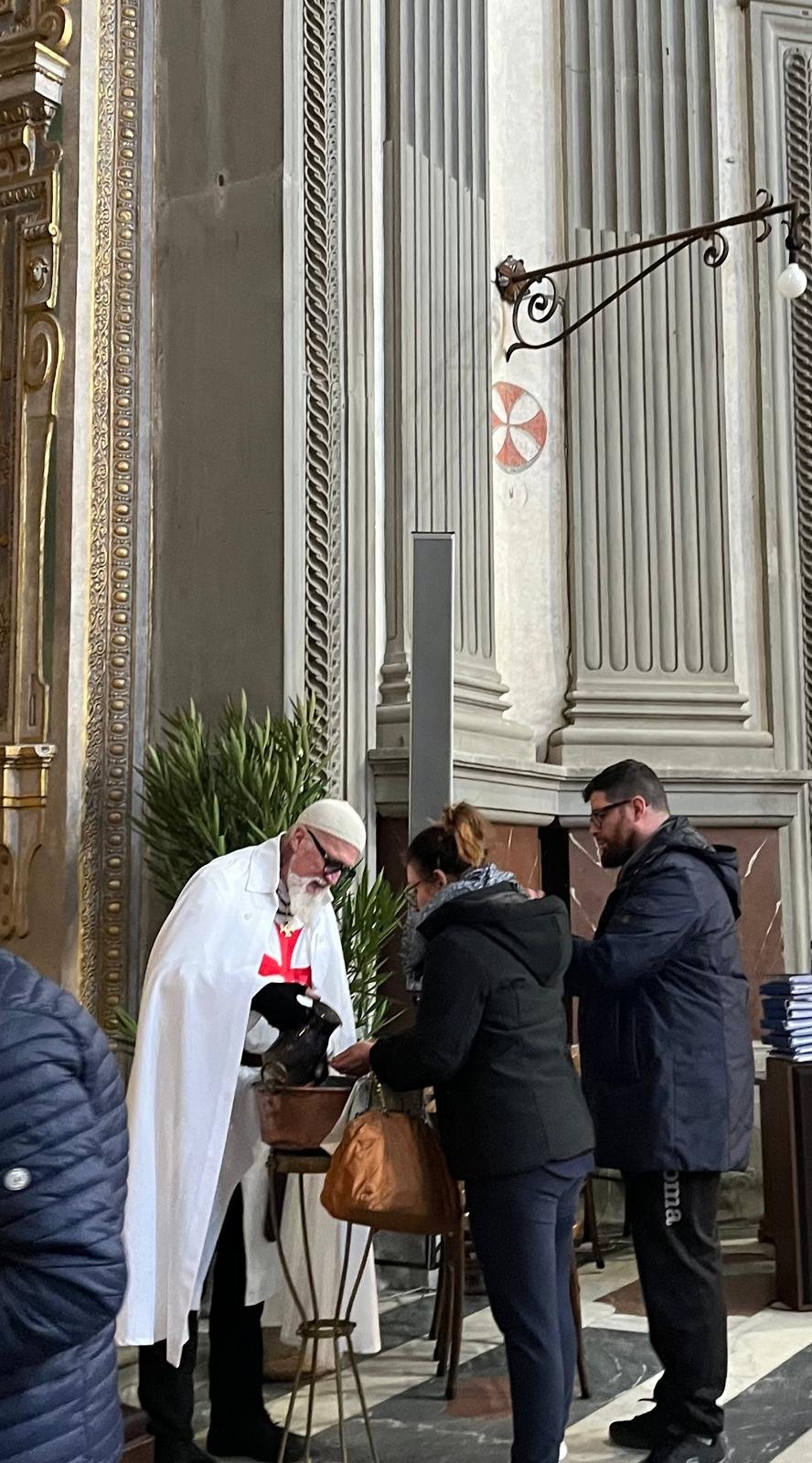
Jubilee 2025: Indulgences and Relics are Not Just a Thing of the Past
In Italy, indulgences and relics are not just things of a medieval past - they remain very much a part of everyday religious life for many.
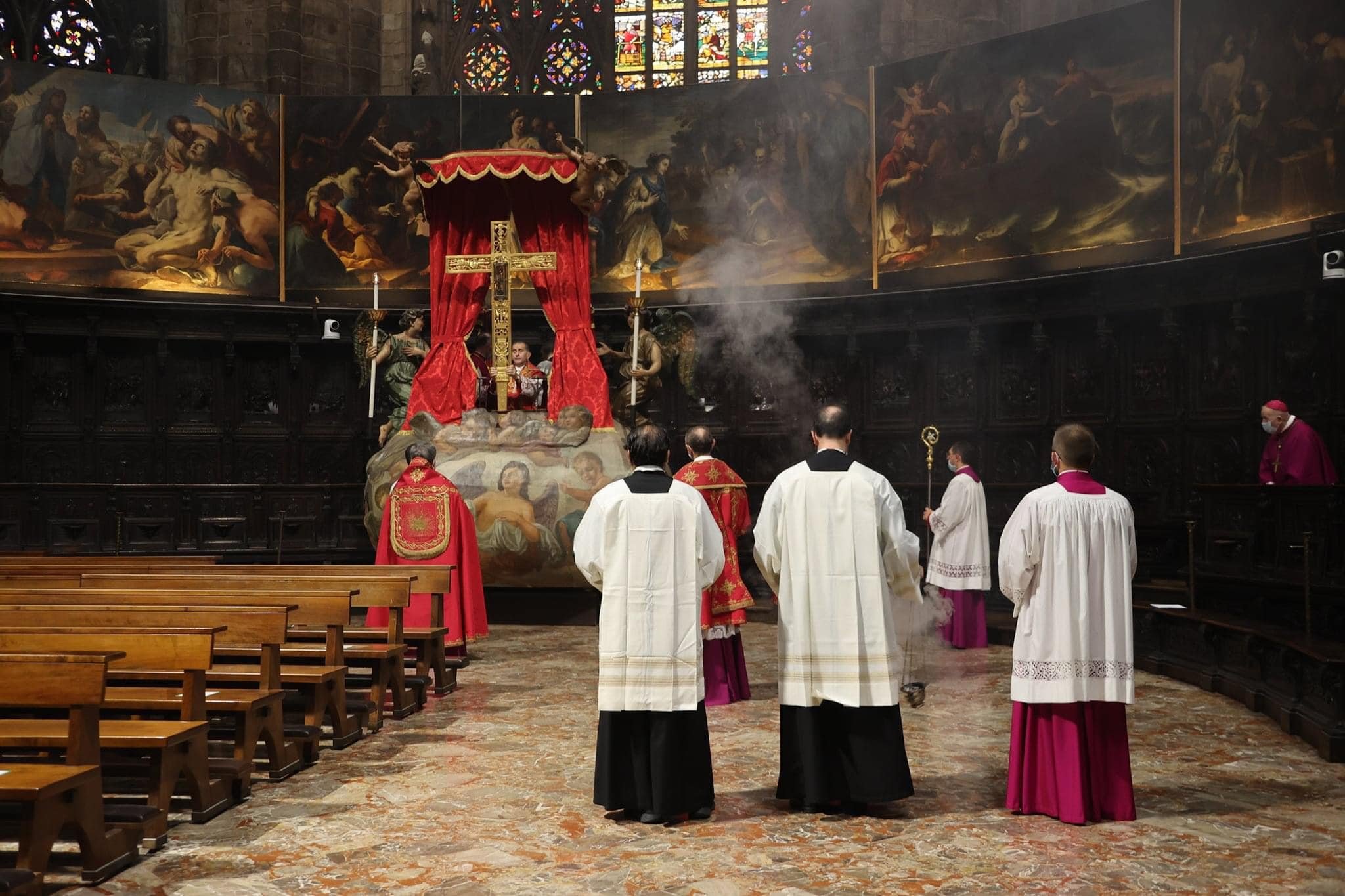
The Holy Nail: Reflecting on Relics and the Need for Reformation
This month, as Protestants all over the world remember and celebrate the Reformation and recall the transformative change that it brought to the church through the preaching of the Gospel, let’s not forget the darker corners of the globe that were not reached by the light of the Reformation, or where (as in Italy’s case) that light was quickly extinguished. The practice of venerating relics underscores the need for Reformation in Italy, which is still steeped in the traditions of Rome.

How You Can Help Ukrainian Refugees in Milan
Dear brothers and sisters in Christ, As you are aware, due to the invasion of Ukraine by the Russian army, Europe is experiencing a refugee crisis. More than a million women and children have fled their homes in Ukraine since the beginning of the war. Here in Milan, our church has have been given the opportunity to help some brothers and sisters in Christ who are in great need. If you are looking for a tangible way to help Ukrainian refugees, please read on. Here are their stories:

Called to the Uncomfortable
About six weeks ago, we had our third anniversary of living in Milan, Italy. Since then, I’ve been reflecting on how we got here and, specifically, how the Lord calls his people to do difficult things. I have to start by explaining that never in my wildest dreams did I ever think we would serve as missionaries. Fifteen years ago, if you had told me that we would move to Milan so that Mike could pastor an Italian speaking congregation, I would have laughed out loud. Us? In Italy? That’s just crazy. At the time Mike was pastoring a growing, vibrant church in the San Diego area, which we had planted a few years earlier. We had just bought our first home and were raising four children. Although missions were important to us, we never envisioned ourselves on the foreign mission field.
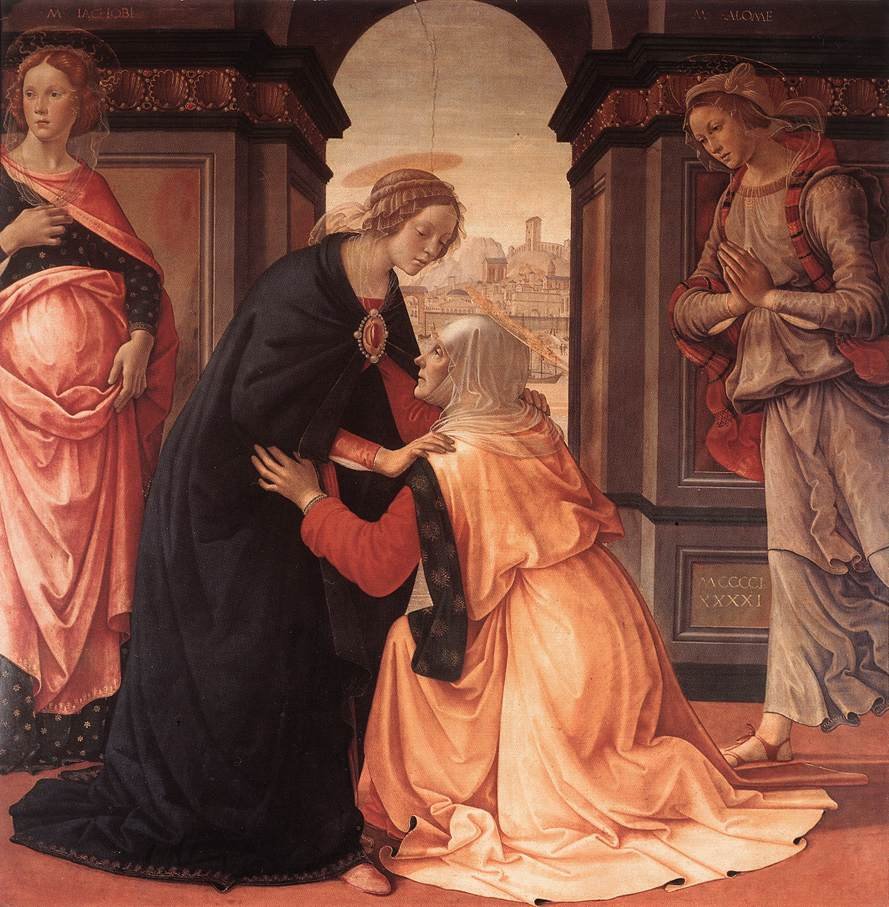
Two Women, Two Covenants
Like Elizabeth, we too are greeted with good news – the gospel announcement that there is a Mediator available for us, One who reconciles sinners to God through his life, death, and resurrection. Like Elizabeth, we too rejoice and worship the fruit of Mary’s womb: “Jesus, the mediator of a new covenant” (Heb 12.24).

The Survival of Christianity
Imagine living in a culture where Christians are considered second-class citizens and part of a strange, superstitious sect with dangerous views. Imagine not having a voice in the public square, being relegated to the fringes of society, having your property confiscated and – worse – being physically punished for believing in Jesus. Nowadays, with the growing clash between religious liberty and identity liberty, and the rise of what Rod Dreher calls “soft totalitarianism”, such alarming images of persecution of Christians seem closer to becoming reality in the West. Yet, the above is actually a description of what much of the church lived through during the first three centuries.
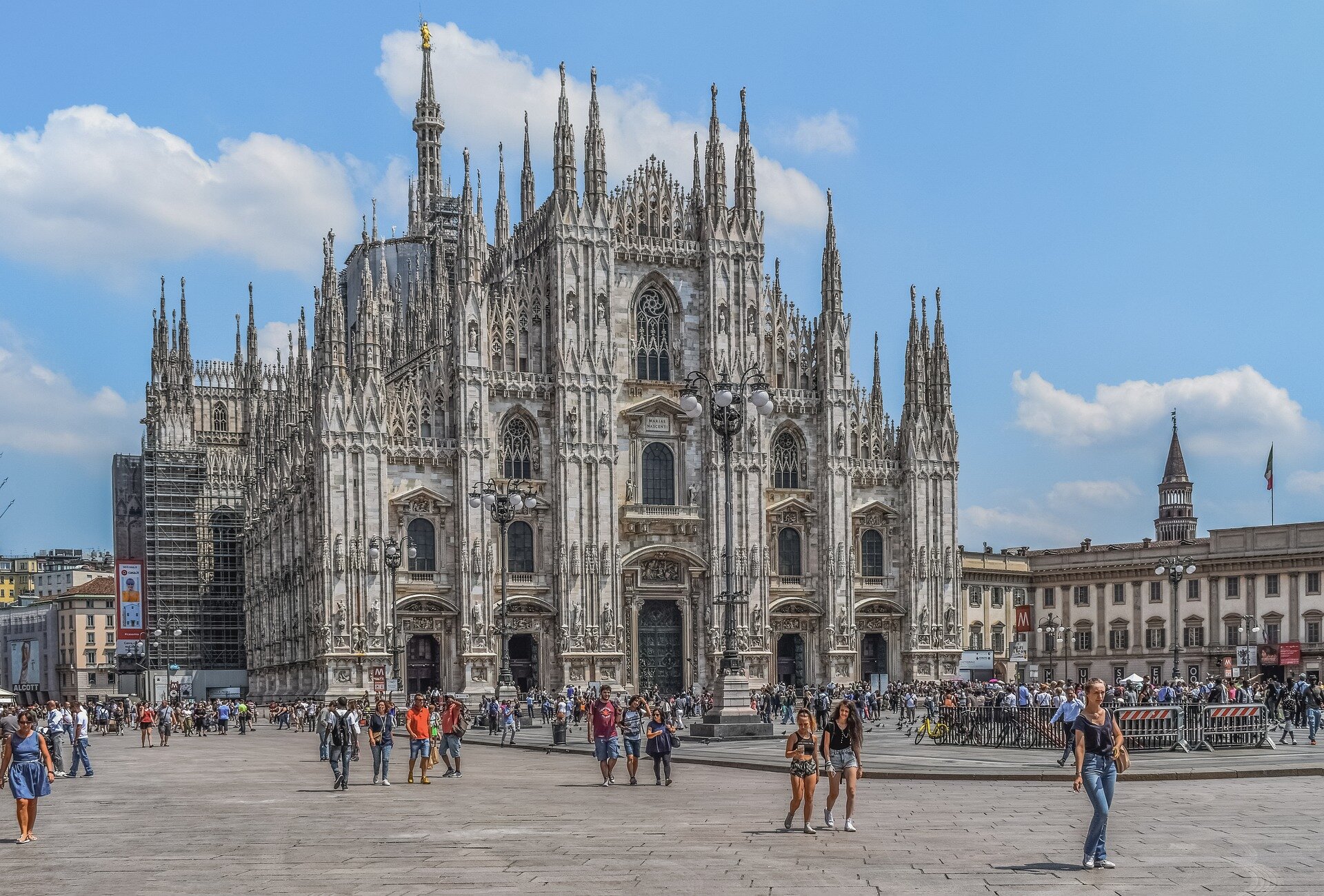
The Basis for Doing Missions
As a missionary in Milan, Italy, it is not difficult to feel discouraged at times. Beyond the ordinary challenges of adjusting to a new country, language, and culture, it is easy to feel overwhelmed by the sheer size of a sprawling city with almost no gospel witness. It is a spiritually dark and godless place. Aside from our mission work, there is only one other Presbyterian congregation in metropolitan area of 8.2 million people, hardly enough to serve the population. Moreover, our church building, a tiny converted computer store on the outskirts of the city, cannot complete aesthetically with the breathtaking architecture of the empty cathedrals like the Duomo (pictured above) which sits in the city center, attracting tourists and visitors throughout the year, yet offering them no good news. In such a place, how can a missionary stay encouraged?

Fight the Good Fight, Finish Your Race, Keep the Faith
Deep in the crypt of Basilica Sant’Ambrogio, one of the most ancient churches in northern Italy, lay the body of a man who served Christ’s church faithfully during the fourth century. Ambrose of Milan (340-397) was a preacher of the Word, hymn writer, church-planter, defender of orthodoxy, mentor to Augustine, and one of the four “doctors” of the early church. His legacy as a servant of Christ’s church stands as a testimony to one who, by God’s grace, fought the good fight, finished the race, and kept the faith. By no means was he perfect, but, like the apostle Paul some three hundred years earlier, he ran hard and finished well.

Competent Workmen for the Gospel
Within the walls of the Sforza Castle in Milan, Italy stands an unfinished marble sculpture by the great Michelangelo Bounarroti, a competent workman reknowned for rightly handling marble. In similar fashion, the minister of the Word is called to be a competent workman for the gospel, rightly handling the word of truth. This is the imagery Paul uses in his exhortation to Timothy in 2:14-19.

Quality Control: Preserving the Gospel for the Next Generation
Italy’s devotion to quality control of its wine illustrates Paul’s concern to preserve the purity of the gospel message and ensure that it be brought to future generations.
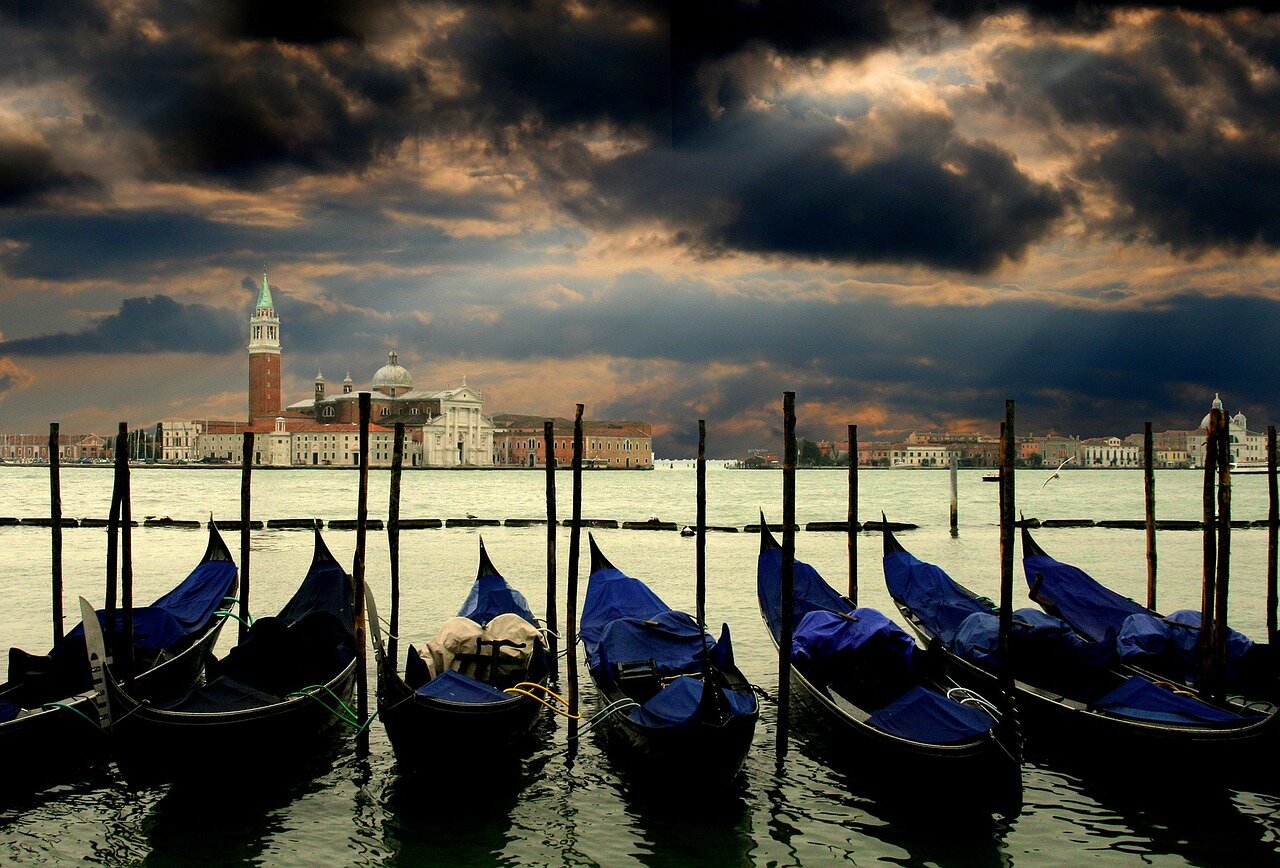
A Light from the Shadows
It has been almost five centuries since The Benefit of Christ was published. The Lord once used this little book to help people understand the gospel, helping it spread it across Europe. What will he use today? May we return to the message of The Benefit of Christ and proclaim that message once again in Italy and throughout the world.
